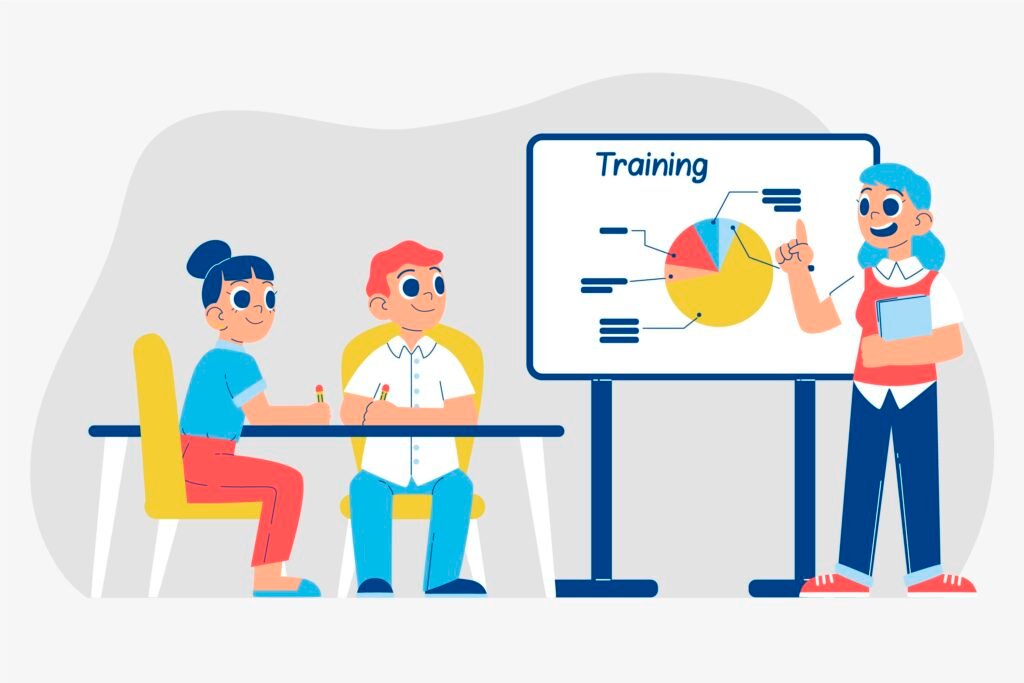workday hcm
Workday HCM
Our Workday HCM Functional Training program is designed to equip professionals with the hands-on knowledge and skills required to configure, manage, and optimize HCM processes in a Workday environment. Drawing from 100+ man-years of industry experience, the curriculum blends conceptual learning with practical exercises that mirror real-world HR, payroll, and workforce management scenarios.
Who This Is For
- HR, Payroll, and Talent Management professionals
- Business analysts and system administrators transitioning to Workday HCM
- IT consultants supporting HR digital transformation
- Professionals aiming for Workday project roles in implementation or support

Important Disclaimer
This program is independently developed by MPOVR based on publicly available information and professional experience. It is not affiliated with, sponsored by, or endorsed by Workday, Inc. “Workday” is a registered trademark of Workday, Inc.
Learning Objectives
By the end of this program, you will be able to:
- Manage HCM core components with confidence
- Configure business processes in line with organizational needs
- Build and optimize reports, dashboards, and calculated fields
- Understand security concepts to protect sensitive workforce data
- Understand functional integration points between HCM, Payroll, and Recruiting

Key Modules
Workday HCM Overview
- Workday fundamentals
- Worker data organization
- HCM object relationships
Business Process Configuration
- Event-driven workflows
- Routing, approvals, and condition rules
- Testing and validation methods
Reporting & Analytics
- Standard vs. custom reports
- Calculated fields
- Scheduling and sharing reports
Security in HCM
- Domain and business process security
- Security groups
- Audit readiness
Functional HCM Areas (one major to choose from)
- Benefits
- Absence and time tracking
- Compensation
- Payroll
Implementation & Go-Live Readiness
- Methodology considerations
- FDM and Data conversion considerations
- End-to-end testing strategies
- Post-production support best practices
